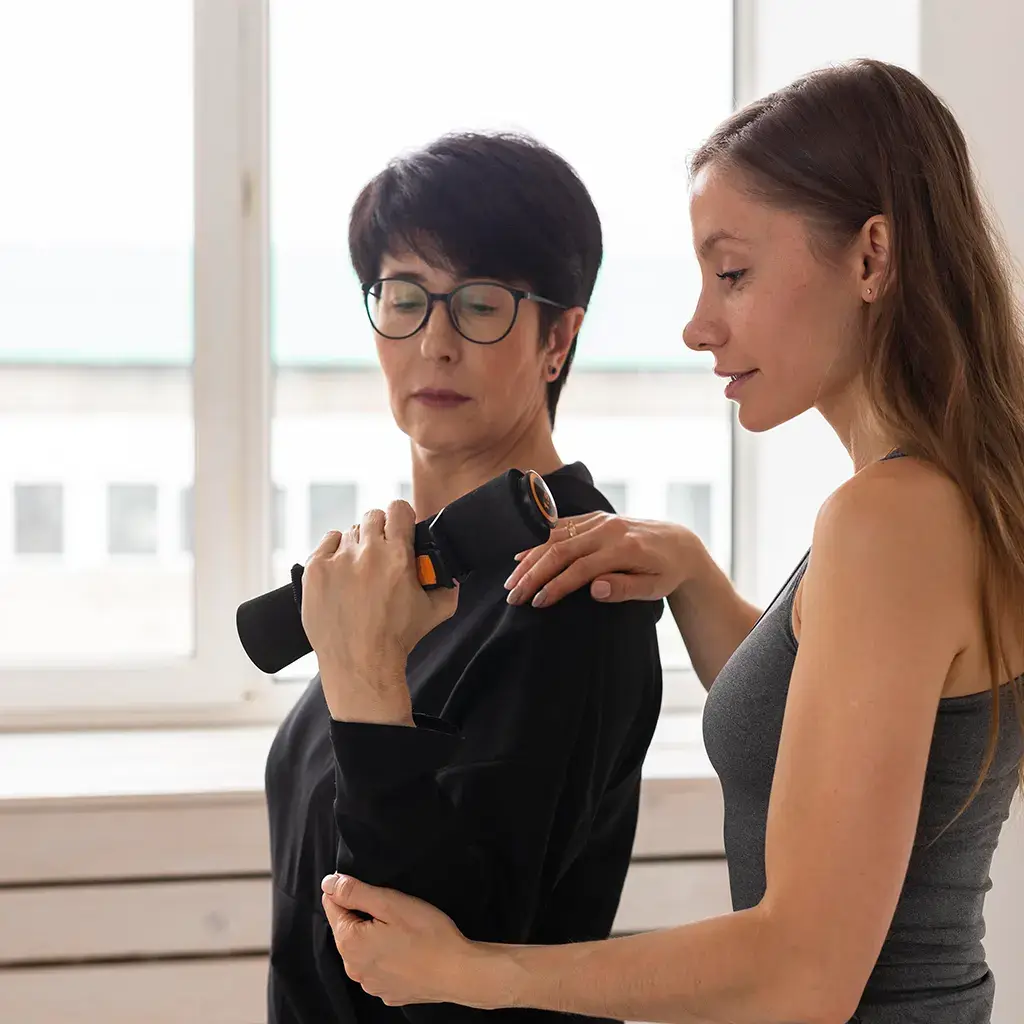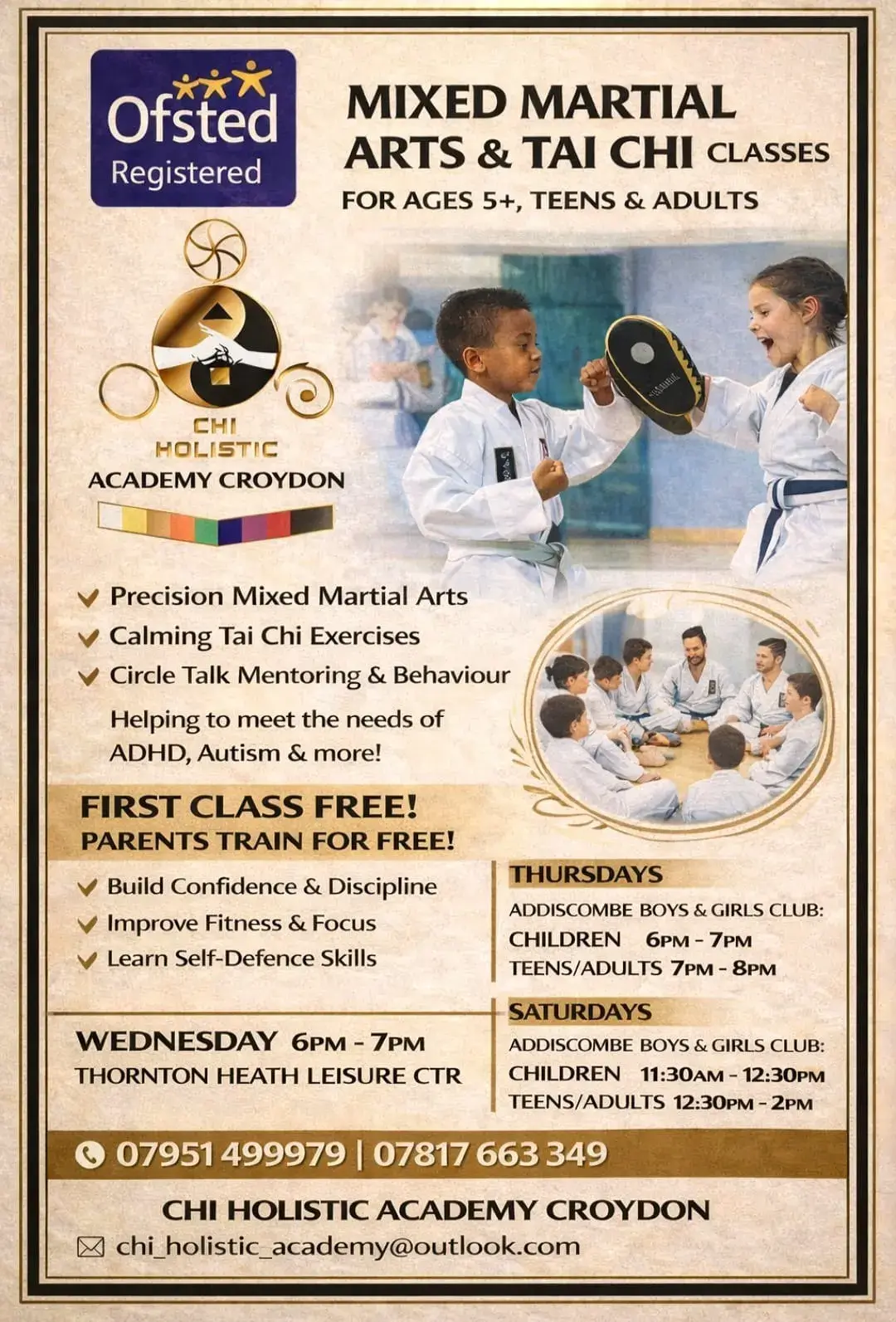In This Blog
Practising martial arts strengthens both body and mind. It also helps maintain emotional balance and mental wellness. Across the UK, many people use martial arts therapy for stress relief and improved daily wellbeing. Regular training reduces anxiety, sharpens focus, and builds resilience against constant pressures from everyday life struggles. Each session provides a safe outlet to release tension while developing confidence and stronger self-belief. Structured routines encourage mindfulness, helping individuals remain present instead of feeling overwhelmed by ongoing daily worries.
Clear thinking improves decision-making, stronger focus, and calmer responses to life’s challenging moments. Martial arts blends physical discipline with mental training, promoting balanced growth and long-term inner stability. Training in academies fosters connection, reducing loneliness through shared learning, encouragement, and regular supportive interaction. This community spirit strengthens bonds, offering comfort and reassurance during stressful or uncertain times. In this article, we explore the mental health benefits of martial arts and its positive impact.
Martial Arts as a Path to Inner Strength
Many people now see martial arts as more than exercise, offering valuable stress relief and training opportunities. Regular practice calms the mind, sharpens focus, and builds resilience, making daily struggles easier to handle. Students often report reduced anxiety, less tension, and better mood, supporting stronger emotional and physical well-being. Through steady training, individuals develop discipline and focus, creating tools to manage life’s pressures with greater clarity.
Instructors increasingly promote martial arts therapy as a path towards healing, growth, and improved emotional stability. This practice blends mindfulness, movement, and discipline, aligning perfectly with the wider principles of holistic health. Sessions encourage presence, balance, and patience, while offering healthier coping methods for stress and personal challenges. Over time, this union of body and mind builds lasting confidence, inner peace, and a deeper purpose.
Why Mental Health Matters Today
In recent years, society has faced a growing mental health crisis affecting people across every age group.
Many struggle daily with anxiety, constant stress, and troubling thoughts that disturb focus and emotional stability. Rising depression rates leave countless individuals isolated, disconnected, and uncertain about finding practical or lasting solutions. Workplace demands add further strain, with employees often experiencing burnout and fatigue from relentless modern pressures.
This challenge is now recognised as a serious public health concern needing effective and accessible real solutions. One useful approach connects physical activity with mental balance, creating healthier routines that ease stress daily. Martial arts provide more than physical exercise; they build resilience, strengthen mindfulness, and support lasting emotional well-being. Through regular training, individuals gain practical tools to manage pressure, sharpen focus, and improve overall mental stability.
The Psychological Benefits of Martial Arts
The psychological benefits of martial arts extend beyond fitness, offering clarity, focus, and overall well-being. Regular training develops resilience, helping individuals face setbacks calmly while strengthening confidence and long-term mental stability. Consistent practice supports emotional balance, reducing stress while encouraging patience, discipline, and more positive thought patterns. Together, these qualities create lasting inner strength, combining physical discipline with mindfulness for harmony in daily life.
Stress Relief and Relaxation
Martial arts provide effective stress relief training, supporting both physical strength and improved mental well-being. Each session builds focus and calmness, helping individuals lower stress and feel emotionally more balanced. Central to this practice are controlled breathing techniques, slowing the heartbeat and activating natural relaxation responses. This process reduces tension, eases anxiety, and helps practitioners release stored negative energy within the body.
Practising mindfulness martial arts further enhances relaxation by replacing constant worries with focused awareness and purposeful movement. Students concentrate on breathing, posture, and rhythm, which gradually develop inner calmness and stronger emotional stability. Over time, these methods bring lasting results, improving resilience, sleep quality, and overall mental health.
Building Resilience and Emotional Balance
Martial arts provide practical resilience training, teaching individuals to remain steady when facing challenges and setbacks. Regular practice builds adaptability, helping students manage pressure calmly while developing effective coping mechanisms for stressful situations. Through structured routines, practitioners learn patience and focus, creating habits that strengthen stability and inner resilience. Training also develops emotional balance, guiding individuals to control reactions, reduce stress, and improve their personal relationships. These lessons work as behavioural reinforcement, similar to therapy, where repeated practice reshapes thoughts and daily responses.
Confidence, Self-Esteem, and Self-Control
Martial arts training supports self-esteem, giving students belief in themselves through steady progress and consistent achievement. Learning new techniques and skills encourages confidence building, helping individuals face challenges calmly while celebrating personal improvement. Each belt earned represents individual goals, linking achievement with the psychology of structured growth and ongoing purposeful motivation. These stages promote discipline and resilience, guiding students to set clear targets inside and outside training. Martial arts also develop self-control, teaching emotional regulation and thoughtful responses during stressful or demanding circumstances. Core martial arts values like respect, patience, and perseverance empower students, supporting lasting growth and stronger character.
Martial Arts as Therapy – Clinical Perspectives
Modern healthcare recognises martial arts therapy as a valuable support for individuals facing serious mental health challenges. Research shows strong benefits for PTSD, where structured movement and breathing techniques ease flashbacks and reduce distress. In anxiety treatment, martial arts promotes mindfulness, grounding individuals in the present while calming the nervous system. Similarly, depression therapy benefits from training, as regular sessions encourage motivation, structure, and stronger social engagement.
Clinicians see martial arts as complementary to CBT, reinforcing behavioural strategies through repetition, structure, and discipline. It aligns naturally with mindfulness-based therapies, encouraging focus, controlled breathing, and awareness essential for long-term stability. This integration highlights martial arts as supportive of professional care, providing accessible tools for resilience and recovery.
Social and Community Benefits
Martial arts offers more than personal growth; it also builds connections through community training and shared practice. Training together helps individuals form friendships, reducing isolation and encouraging trust among people from diverse backgrounds. This sense of belonging strongly supports mental health, providing encouragement, motivation, and friendship during difficult life challenges. The group setting also increases commitment, as shared goals and accountability foster resilience and mutual ongoing support.
In many settings, martial arts works like group therapy, where students openly share challenges and experiences. Practising together develops empathy and understanding, laying foundations for reliable social support beyond the training environment. Healthcare providers now explore martial arts within social prescribing, recognising its importance for holistic community-based care. These initiatives show how martial arts complements NHS approaches, promoting wellbeing through activity, connection, and supportive relationships.
Choosing the Right Martial Art for Mental Well-being
Selecting the right style is important, since each martial art offers unique mental health benefits for individuals. Karate builds discipline and focus, making it especially effective for reducing stress and improving self-confidence. Judo encourages resilience and adaptability, teaching students to remain calm while responding positively to life’s challenges. Taekwondo improves concentration and self-esteem, particularly beneficial for younger learners managing anxiety or low confidence issues.
Aikido promotes harmony and balance, making it valuable for those seeking peace and emotional stability. helps with problem-solving under pressure, building patience and emotional control in high-stress situations. Tai chi combines movement and mindfulness, offering gentle support for relaxation, stress reduction, and improved emotional balance. At Chi Holistic Academy, students can explore these disciplines, finding the style that best supports their mental well-being.


